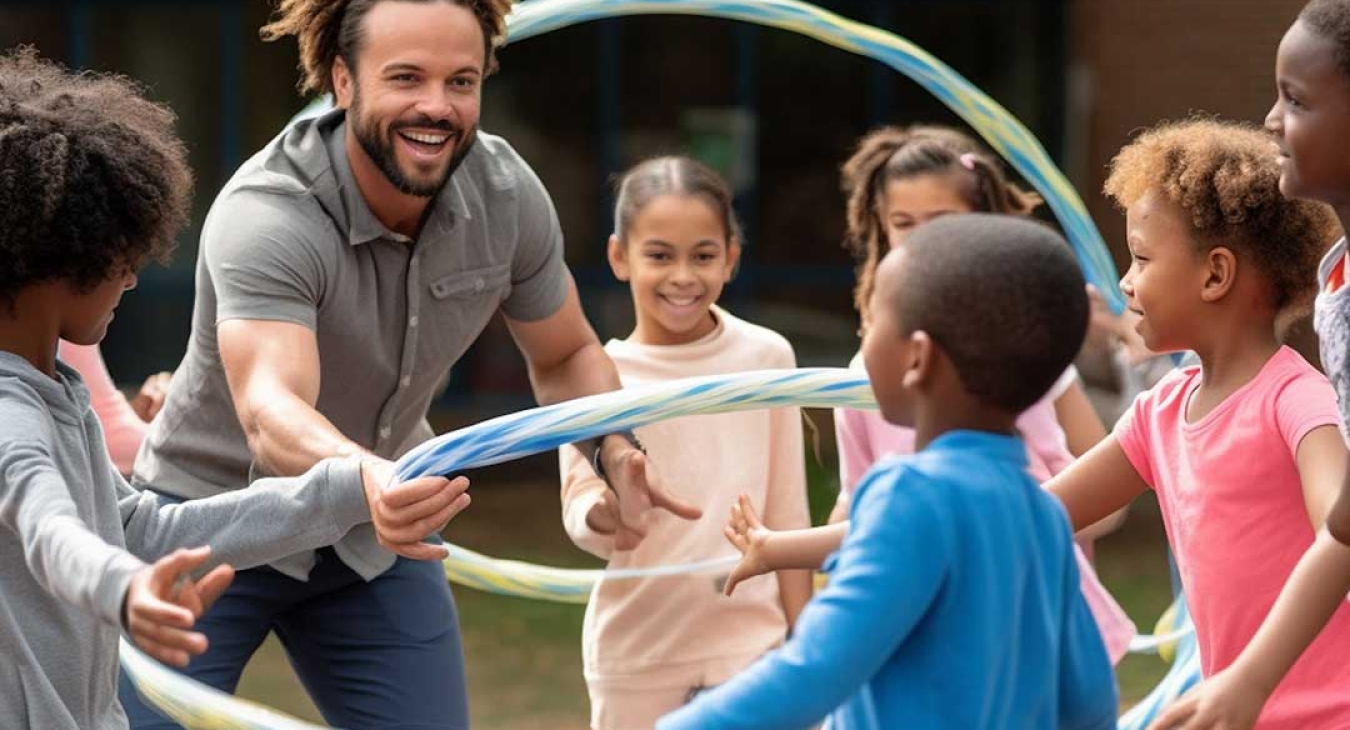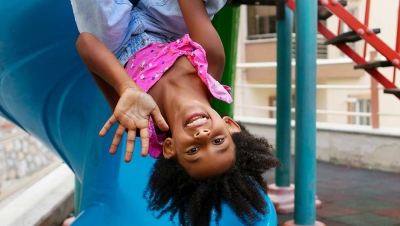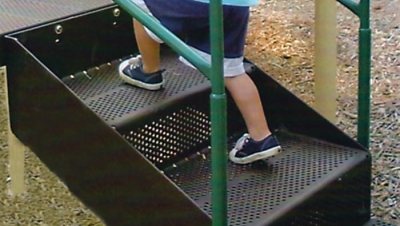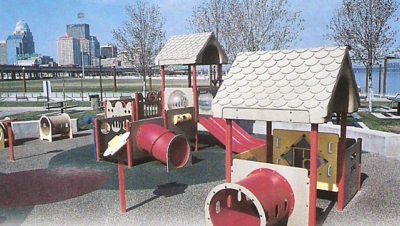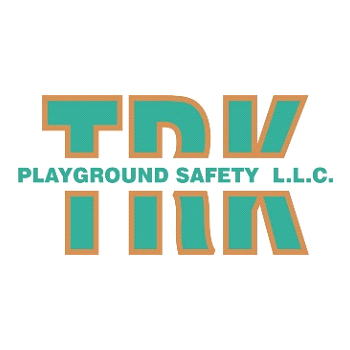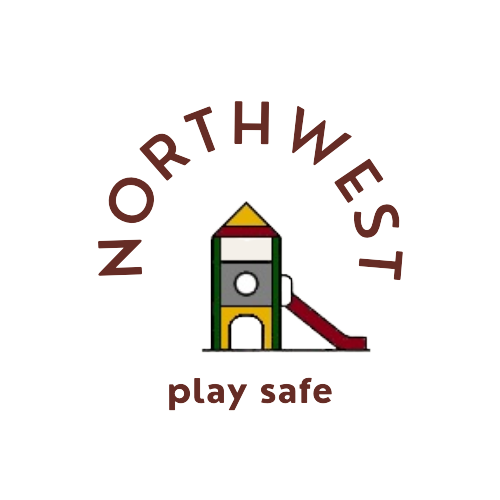Supervision styles make a difference
Behind his back, the children imitated Mr. Odom on playground duty:
“Keep playing like that, you guys. You make me feel young again!”
“It’s fun to play with dolls, and it’s fun to run for a strong body. I saw you did both during recess. You know about staying healthy!”
Overhearing the children, the other teachers and after-care professionals gathered together to congratulate themselves on their new playground supervision program.
“Just think of what the children mimicked last year!” exclaimed Mrs. King, laughing. “Through their voices, we sounded like drill sergeants! ‘Buck up and go play with the others.’ ‘Stop crying.’”
“I never realized that our interaction with the kids on the playground would make such a positive difference in the classroom,” said Mr. Manley, the newest faculty member. “When I was in school, the teachers on playground duty stood in a big huddle talking among themselves and ignoring us kids until someone got hurt.”
“Well, before we received this training,” added Mr. Odom, “we went to the playground to supervise, but we really wished we could be on break. Now, by dividing up and circulating, we can trade-off, and each of us has a few minutes to ourselves.”
“And with this program, the children behave better,” added Mrs. King. “We have become playground mentors instead of playground heavies.”
Rory Donaldson pays close attention to this type of dialogue. An education reformer, he believes that children on the playground deserve to be kept safe and encouraged to be socially involved with one another.
From his office in Denver, Colo., Donaldson notes, “Childcare professionals are neither trained to manage children on the playground nor are they given ample opportunity during the day to refresh themselves. This puts children at risk.”
He adds that administrators expect playground supervisors to see that children control themselves and avoid dangerous actions that jeopardize the institution. At the same time, parents expect those in charge of their children to have positive attitudes and skills that encourage healthy and imaginative play. “With some instruction and innovative ideas of their own, faculty can go beyond these goals and transform playground time into something great,” Donaldson notes.
A strong believer in positive reinforcement and immediate penalties, Donaldson has developed a program that trains playground supervisors to become children’s mentors, teachers, and coaches instead of their bosses. His website, brainsarefun.online, contains a series of articles including one entitled “Proximity Management--Safe Supervision is the Name of the Game.”
Donaldson also specifies actions playground supervisors can take to create interactive environments that keep their young creatively charged playing with one another. He also finds this approach helps children learn to govern their own behavior in play.
Donaldson’s playground program begins with three requirements:
- Playground supervisors oversee small areas of the playground which are in full view.
- Professionals keep their eyes up, walking among the children and continually scanning the environment for both good and risky behaviors.
- Playground supervisors must be interactive, circulating among the children and giving positive reinforcement statements such as “I see you all are playing well together,” and by offering high fives, shoulder pats, thumbs up, and handshakes as rewards for good behavior.
Donaldson proposes that problems be caught early and addressed immediately to avoid escalation. “Penalties should be implemented calmly, and they should be made short and mild. There should be no dialogue with the child.” Sanctions include having the child repeat the task properly, walk with the supervisor, learn to respond to positive reinforcement and play in a restricted area.
Aware that children’s tattling on one another creates unwholesomeness, Donaldson addresses this issue by reminding professionals that they “are not a court of law.” He realizes some situations warrant adult intervention while others signal the need for the tattle-tale to develop skills for coping with social situations. Donaldson divides tattling into four areas and lists ideas for helping the child feel secure, smart, and valued. The four areas are:
- Social responsibility: “He stole some candy.”
- Minding someone else’s business: “Bill and Sam are arguing.”
- Telling about a rule someone broke: “Bill said a bad word.”
- Personal offense: “Bill and Samantha just did something to me.”
In thinking back about their playground experiences, children are quick to remember times when their playground supervisors joined them in play. “When my teacher Ms. Brassel danced, we thought it was great,” says Danielle Paige, now a middle school student living in Spokane, Wash. “I was just a little kid, but I remember that Ms. Brassel would dance on the playground, on the bus, and in the classroom. That’s how I learned to dance the Charleston.”
“I have two favorite playground memories,” adds Jill Taylor of Bozeman, Mont. “It snows a lot in Montana, and our playground supervisors sometimes made snowmen with us. In fact, I learned a lot about making snowmen from their playing with us. Sometimes it would be too cold to go outside, and we would play in the gym. We had a parachute there—an actual parachute! The teachers would help us lift it up high over our heads and then let it come down to the floor where we would sit and play on it.”
Childcare professionals in all fields agree that the best integrative learning comes when children do not realize it is education. By their actions, playground supervisors have an opportunity to enrich a child’s life by mentoring, reinforcing positive peer behaviors, and giving permission that it is okay to have fun.


